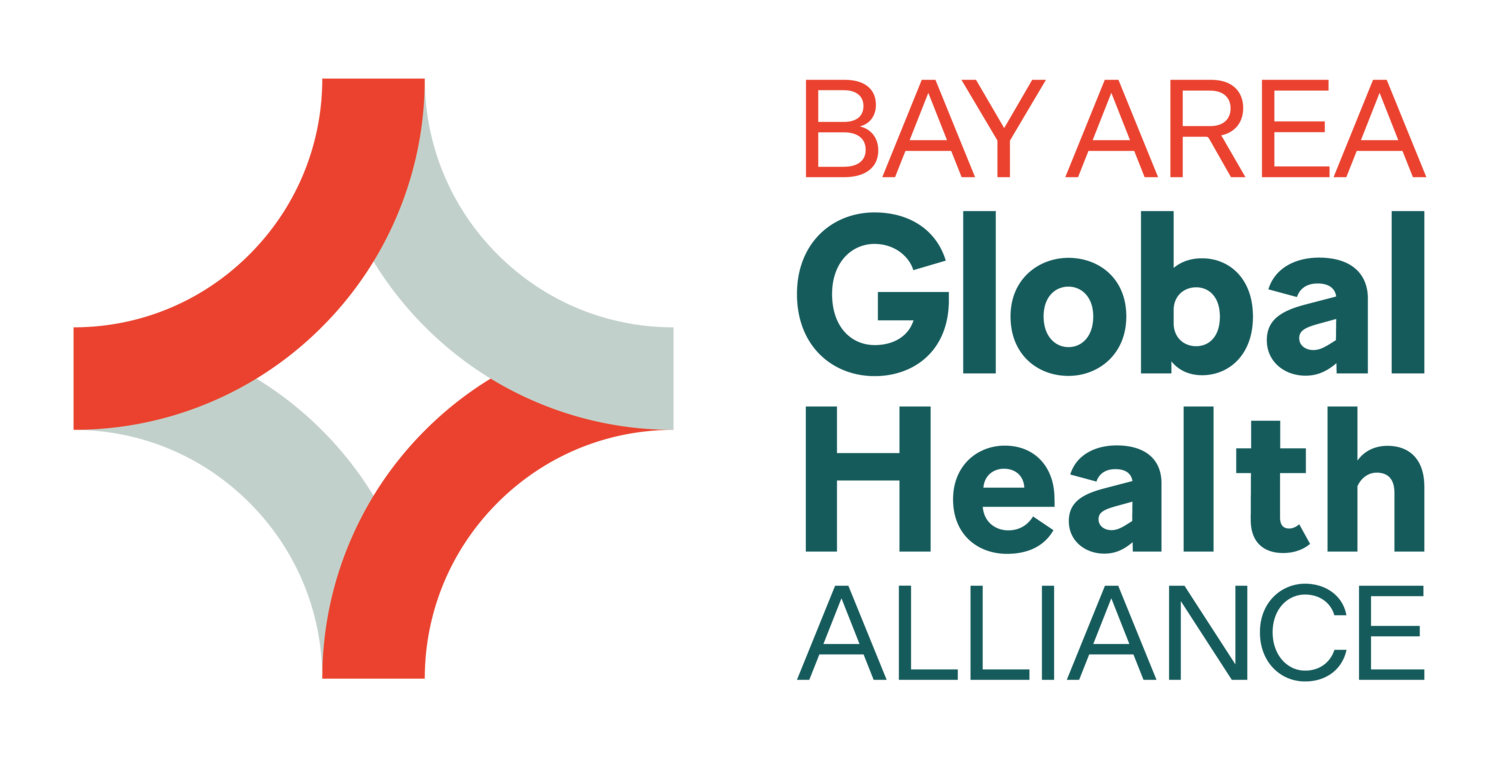In today’s complex global health landscape, cross-sector collaboration is essential—but building effective partnerships remains a challenge. To address this issue, the Alliance has launched an initiative to explore how to optimize multi-sector partnerships for advancing health equity.
The initiative follows the release of a report, Implementing for Health Equity: Narrowing the Know-Do Gap, which highlights a key shortcoming in the sector: despite the emphasis on program design and execution, the crucial dynamics of partnerships are often overlooked. As funding becomes more constrained and health crises multiply, there is an urgent need to rethink collaboration models.
In response, the Alliance has developed a set of draft tools to enhance partnership effectiveness, following research and consultations with multi-sector leaders across the global health landscape. Prototypes of the tools are designed to support organizations in assessing and improving the health of their partnerships.
Next month, on November 12, the Alliance will convene a virtual design workshop to test these tools and gather feedback from selected participants. The session, open to 2-3 multi-sector partnerships involving three or more organizations, will provide a space for partners to prototype the tools, discuss their applicability, and refine them for their own use, and broader use.
The Alliance is currently seeking participants from partnerships that address health challenges in low-resource settings. Ideal partnerships to participate will represent organizations from different sectors—such as government, civil society, and private industry—working together to improve health outcomes in marginalized communities.
Interested parties are invited to apply to participate via this Google form. Completion of the form is not a commitment. Further details will be provided to selected participants in the coming weeks.
As the global health community grapples with shifting resources and emerging health threats, the Alliance hopes its new tools will provide a roadmap for more effective, impactful collaborations.
The Alliance is grateful to Gilead Sciences for their support of this initiative.

